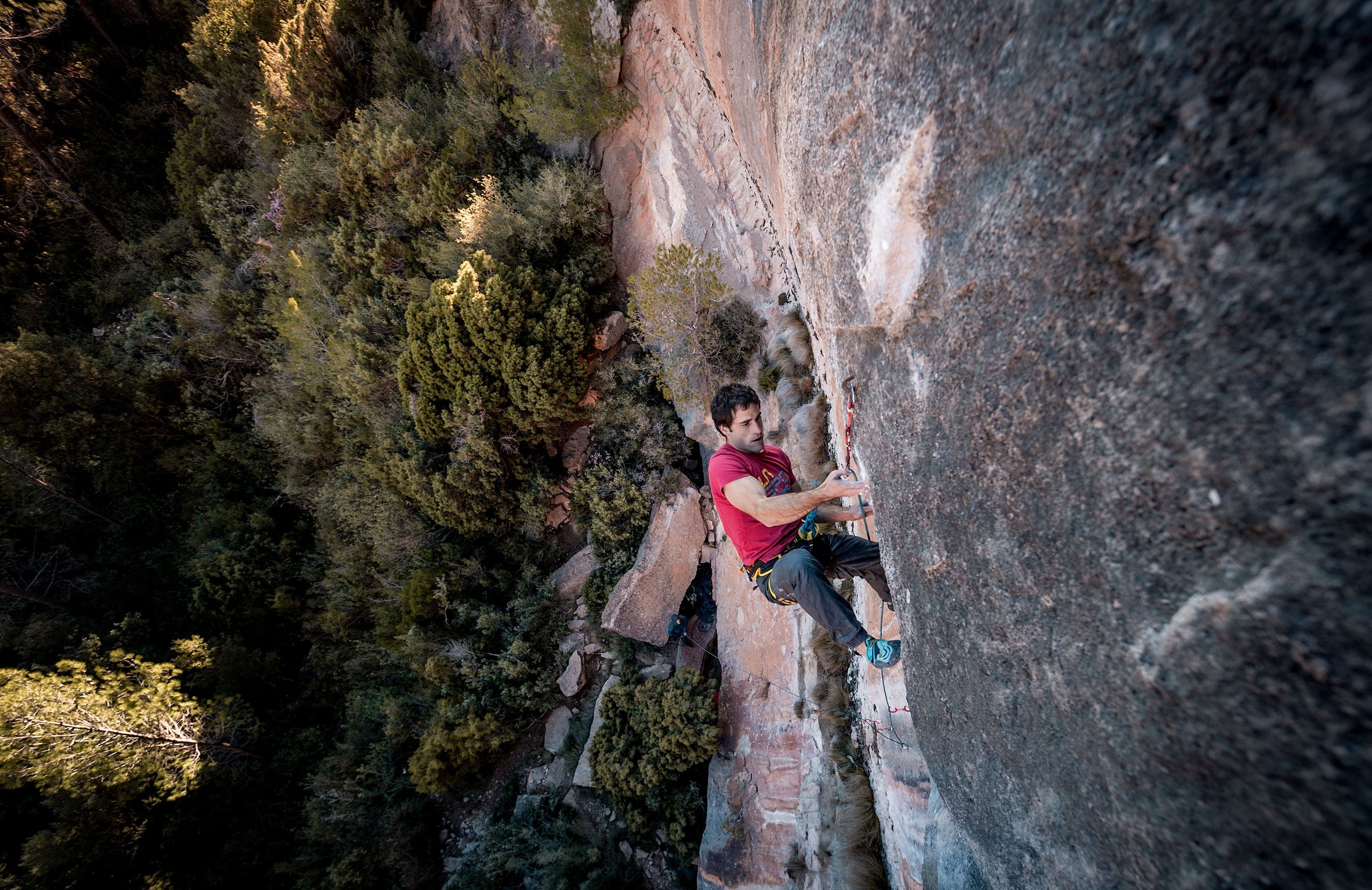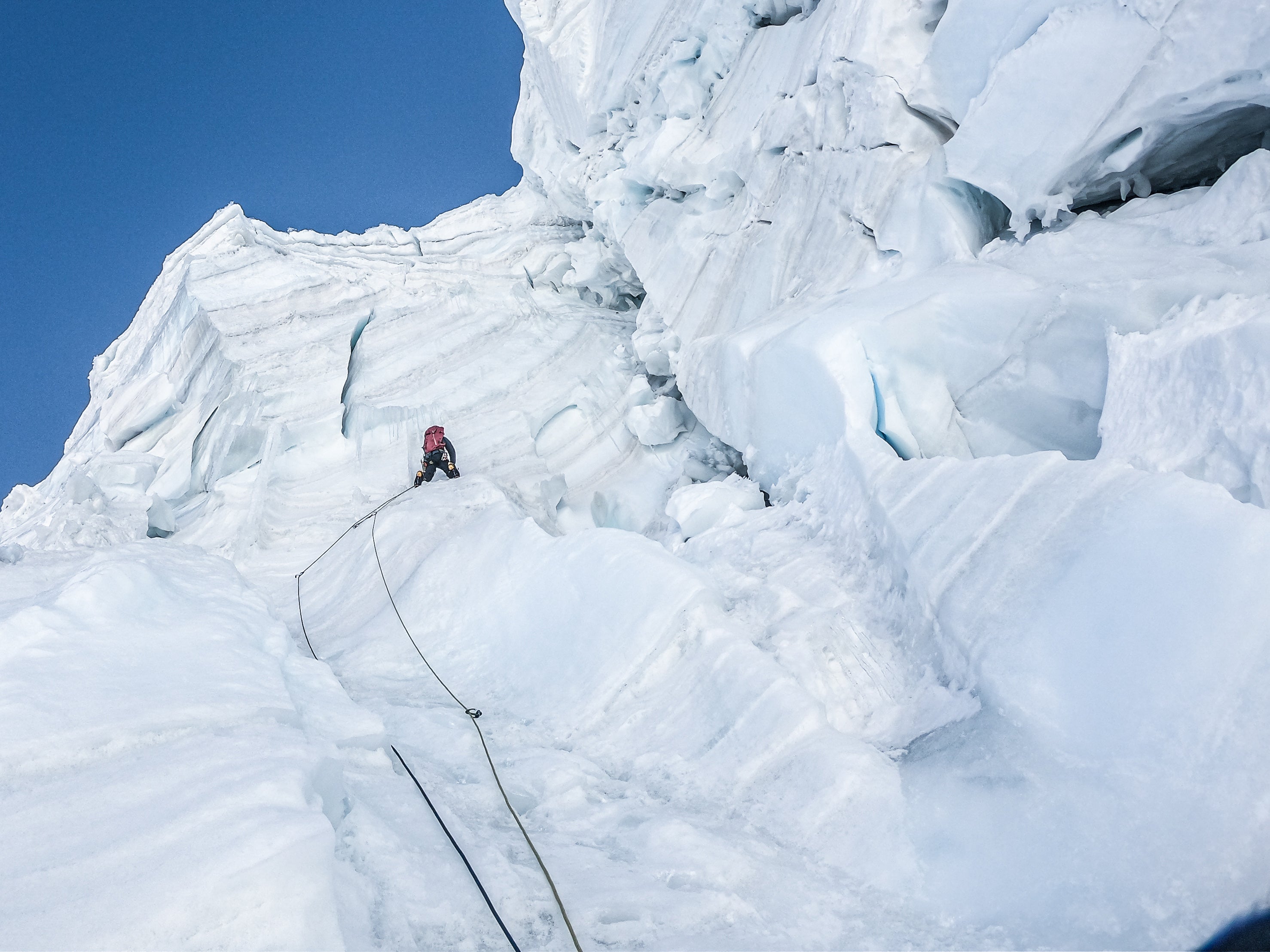
Competitions, results and what they taught me by Marcello Bombardi
Published on 18/10/2019
I see myself as a very concrete and rational person. I like to work for a goal and when I fix a very specific one in my head I work hard to get it. I have been competing in the highest racing circuits for many years now (5 years as a professional thanks to the invaluable support of the Centro Sportivo Esercito) and I have now learned to do the second point of what I could define as the main stages of the training:
- Analysis of the initial situation;
- Setting the goals;
- Definition of training plan;
- Competition.

But as long as it is only these four phases there is nothing special. As long as it is a question of defining goals and training or as long as everything goes well, without obstacles and the goal can be achieved, many can do it, but the greatness of an athlete lies very much in his ability to face the difficulties he encounters, inevitably sooner or later, along his path towards the goals.
These difficulties are always very personal and can vary in severity, some of them will seem insurmountable but we uselessly create them, others instead are really difficult to solve, such as injuries or difficulties in having the right building and facilities for training. One of the most common difficulties that every athlete must face, sooner or later, is to deal with the consequences when the objectives set are not reached.
“The important thing is not to win but to take part."

Who has never heard this famous phrase, pronounced by the founder of the modern Olympic games Pierre de Coubertin, by someone who tried to cheer him up after a bad result in the race?
I often questioned myself as a boy about the truthfulness of those words. It's true? Or do the losers say it to justify the defeat, to justify themselves that it's okay anyway?
I am very competitive in my spirit and I have always faced the world of competitions with the desire for victory, metaphorically it is the goal of a specific result, which was a victory in a race within my reach or a position in the first places for a top-level competition. To win to compare my skills with those of other competitors. I think that all the athletes compete with a bit of competitiveness towards the other competitors and not only towards the track, street or boulder, which they face in the race. Those who claim to compete only to try to express their maximum, to compete only with the proposed track and not with other athletes, in my opinion are not entirely sincere, with those with whom they are talking or even with themselves, otherwise they should deal directly with a route or an extreme boulder on rock.

What then is the meaning of the sentence? What is the sense in participating if you do not have the desire to win?
In all the years of competition I have always tried to consider every possible aspect of the performance and to study it, in my own little, as an autodidact, to try to improve myself. In this way I also became interested in sports psychology by reading articles on the internet and some books. The experts on the subject teach that there are two types of goals: the result, linked to a number on the board and therefore not totally dependent on our abilities since other people and external factors are also at stake, and the performance, whose nature must be entirely under our control and therefore linked to a way in which the service is performed (fast climbing, staying focused on one's race and not on the others, keeping one's breath steady, etc.). The result goal must therefore be present, in my opinion, because it is right that if one has talent and ability, he wants to prove it and win, but it must be secondary.

The important thing is not to win but to participate. Participating not intended as just being present, being lucky enough to be called to the race, suffering the events in a passive way, but experiencing the thrill of the event, controlling it, facing it without anxiety or fear. The important thing is not to win but to overcome oneself, "win oneself", overcome difficulties in order to express the best possible performance. Whoever believes that the important thing is "to win the opponents" suffers external pressures, expectations of others, and will be blinded by wanting to prove his superiority. But there will always be someone better than you, today or tomorrow. If I think back to my greatest sport results, I can't think of cups or medals, but emotions, adrenaline, the charge of supporters and the atmosphere and being there, present in the moment, capable of overcoming obstacles and express the maximum of my potential. The important things in the end are these, not the numbers and the medals won, even if we unfortunately often end up remembering only those.

Some time ago I came across de Coubertin’s quote again, almost by accident. This time though, a second sentence was reported, much less known than the first one. My first thought was definitely "wow ... If I had read it before I would have saved myself a big effort ... Why don't they also report this part back together with the first one?" But then, thinking back, it was for the best. Every personal growth is more rooted and permanent in you if you sweat it out and reach it in some way with less external help. On the other hand, this is also one of the fundamental principles of sport.

“The most important thing is not winning but taking part; the essential is not winning but fighting well”.
Pierre de Coubertin
Article and pictures by Marcello Bombardi, August 2019
 Marcello Bombardi, born in Correggio in 1993 and now living in Pont-Saint-Martin (Aosta Valley), he has been with the Grivel team for a year. Professional athlete in the Italian National Team, he competes in speed, boulder and lead specialties (1° place Lead World Cup 2017, Chamonix) and also practices sportive climbing and outdoor bouldering. Favorite Grivel products: Rocker 45 backpack, Trend harness abstract, Alpine Plume quickdraws.
Marcello Bombardi, born in Correggio in 1993 and now living in Pont-Saint-Martin (Aosta Valley), he has been with the Grivel team for a year. Professional athlete in the Italian National Team, he competes in speed, boulder and lead specialties (1° place Lead World Cup 2017, Chamonix) and also practices sportive climbing and outdoor bouldering. Favorite Grivel products: Rocker 45 backpack, Trend harness abstract, Alpine Plume quickdraws.


